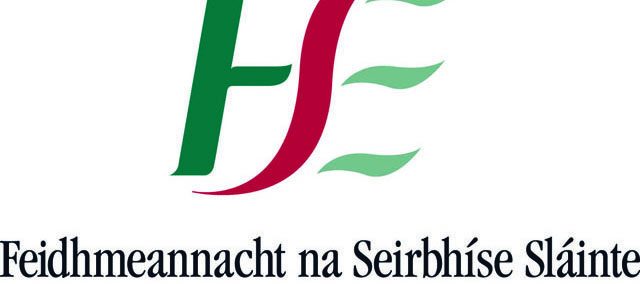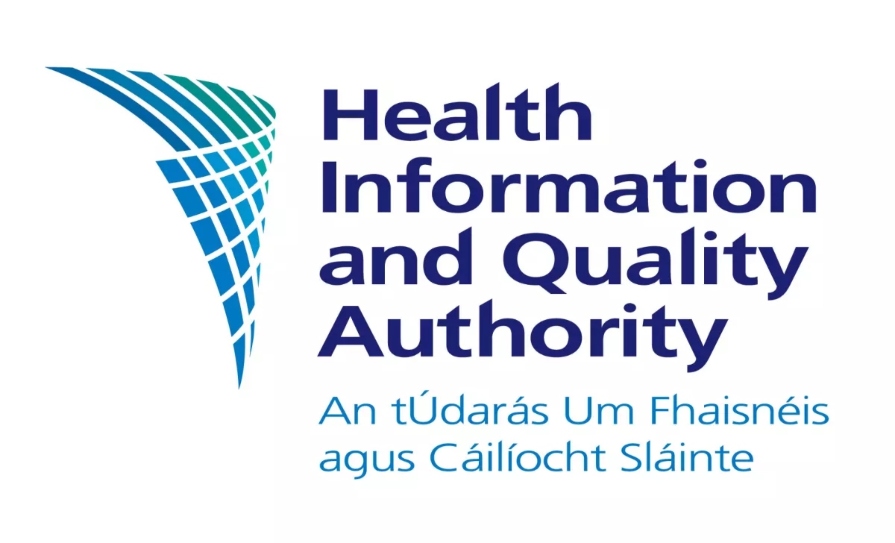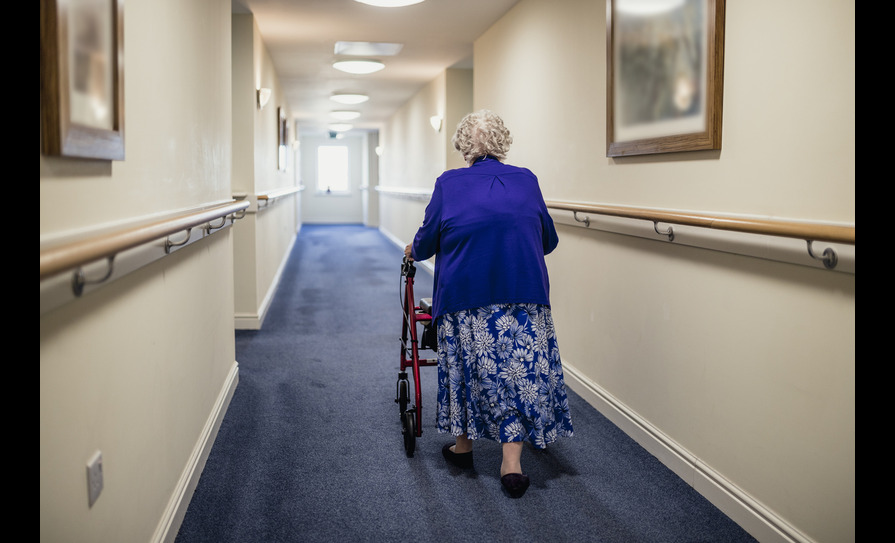The lack of funding for people to access appropriate residential and respite services was a major concern in 2019, according to the Office of the HSE’s Confidential Recipient fifth annual report for 2019/2020.
The Office of the Confidential Recipient is an independent national service which receives concerns/complaints related to vulnerable adults in HSE or HSE-funded care services.
Another serious concern in 2019 was the lack of funding for assessments or equipment such as wheelchairs, incontinence sheets etc.
“In 2020, funding was more readily available and resolved some of the issues raised in 2019,” according to Ms Leigh Gath, Confidential Recipient.
“However, other concerns raised in 2020 included families distressed at not being able to visit loved ones in residential services, closure or limiting of day services due to public health restrictions, and in some cases home support services either being withdrawn or reduced. Although these issues are mostly resolved, 2020 was an extremely difficult time for many families dealing with Covid-19 as well as disability issues.”
“The volume of formal concerns decreased during 2019 and 2020 from recent years. Every concern that is received is reviewed to develop an understanding of the issues and whether these fall within the remit of the Office. For concerns falling within our remit, a decision is taken as to whom the concern should be referred. This will generally be the Chief Officer of the Community Healthcare Organisation within which the person at the centre of the concern is being cared for.”
The 320 concerns that were received during 2019 and 2020 were spread across the nine Community Healthcare Organisations. Over the two years, 282 concerns related to disability services, including older person services, 22 concerns relating to mental health services, nine concerns related to primary care, two acute hospitals and five private nursing homes.
The type of concerns raised fit within two broad categories: Care and safeguarding.
Issues relating to care [including residential, respite and day services] encompasses care placement / planning, level of staff to support client, access to equipment, financial charges, accommodation, respite, and transfer from child to adult services. During 2019 and 2020, 201 of the 320 concerns or complaints received related to care issues.
Safeguarding concerns / complaints include the following categories: alleged abuse, safety of care, staff behaviour or family issues. 119 safeguarding concerns / complaints were received during 2019 and 2020, in which alleged abuse was the largest volume reported (43).
“People with disabilities, older people, their families, advocates, members of the public and staff are welcome to contact the Office if they feel they have experienced or witnessed what they feel may be abuse, neglect or poor practice in care provided by the HSE or their providers in residential, day or home services,” Ms Gath concluded.
Since its establishment in 2015, the office of the Confidential Recipient has resolved over 880 concerns.












Leave a Reply
You must be logged in to post a comment.